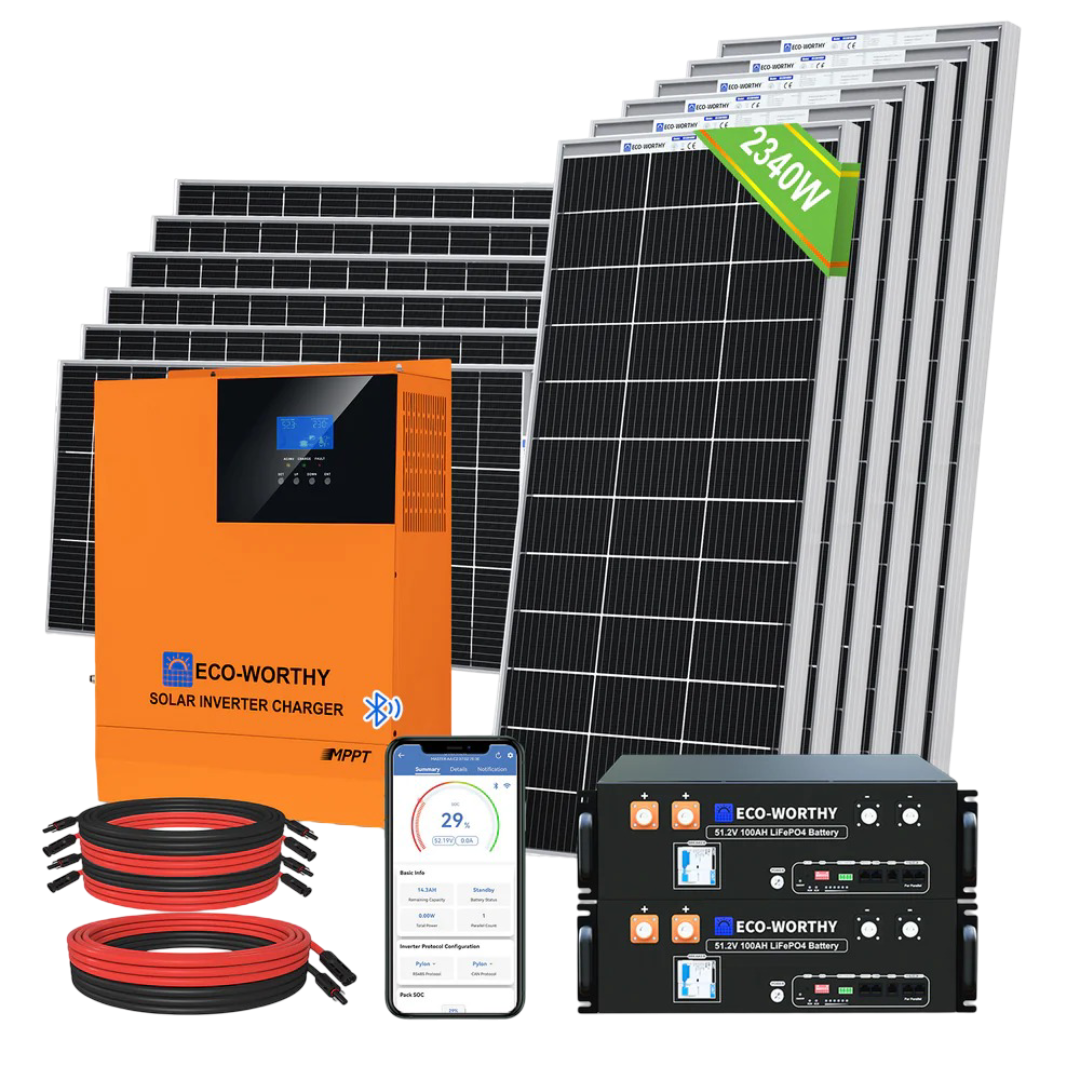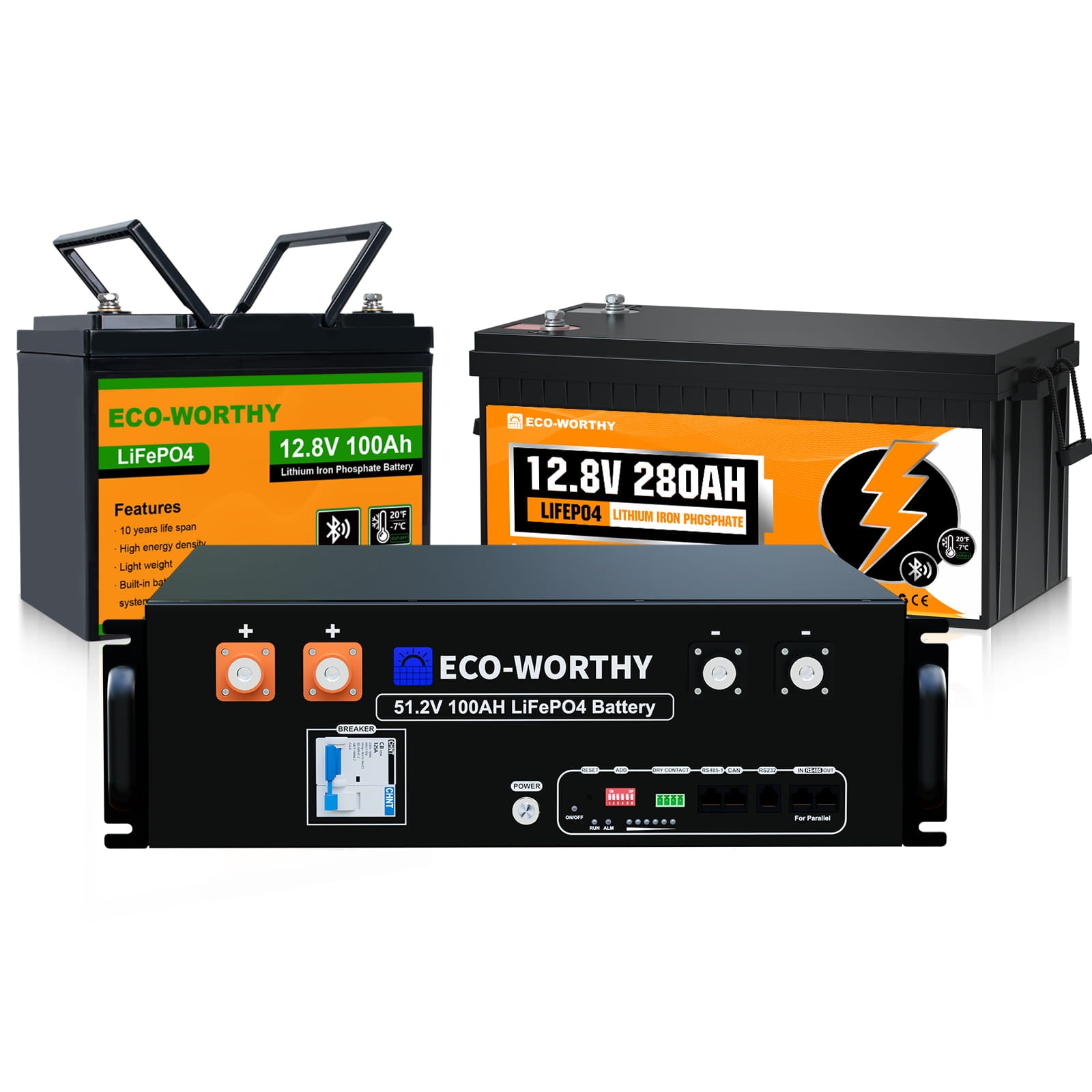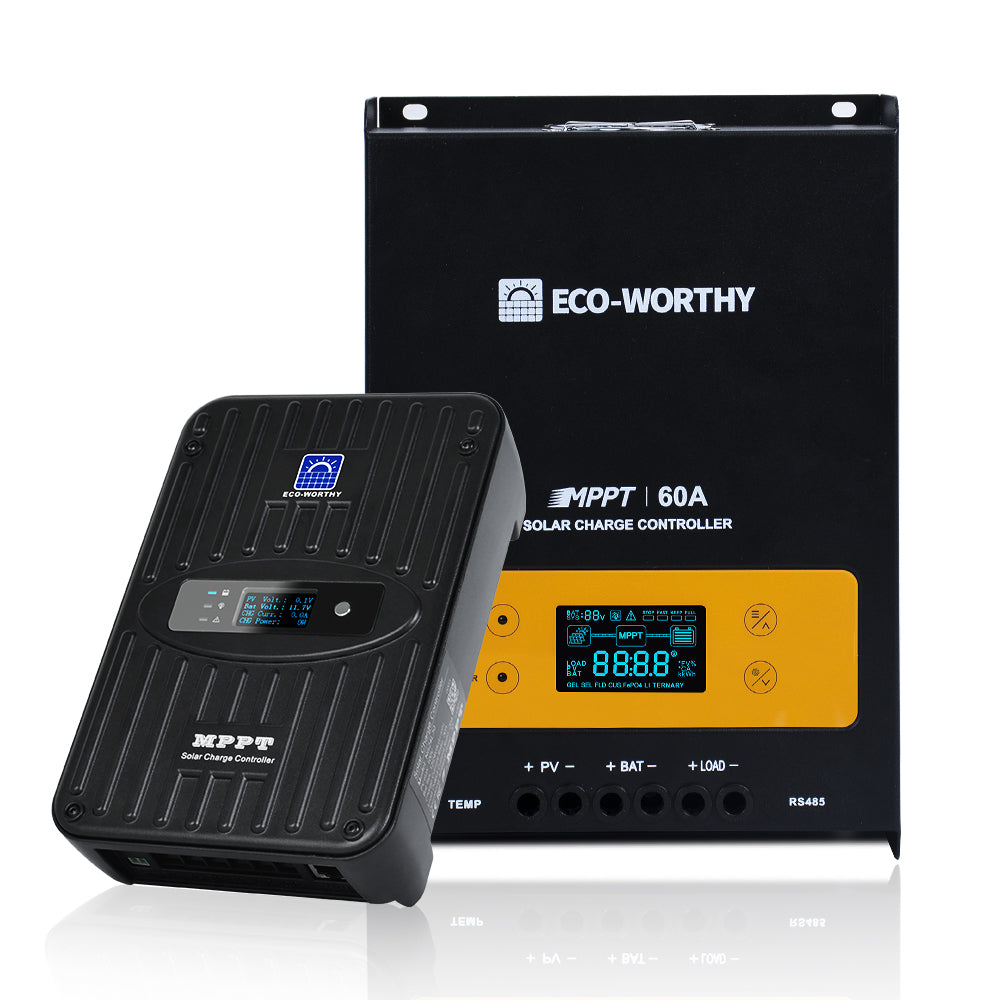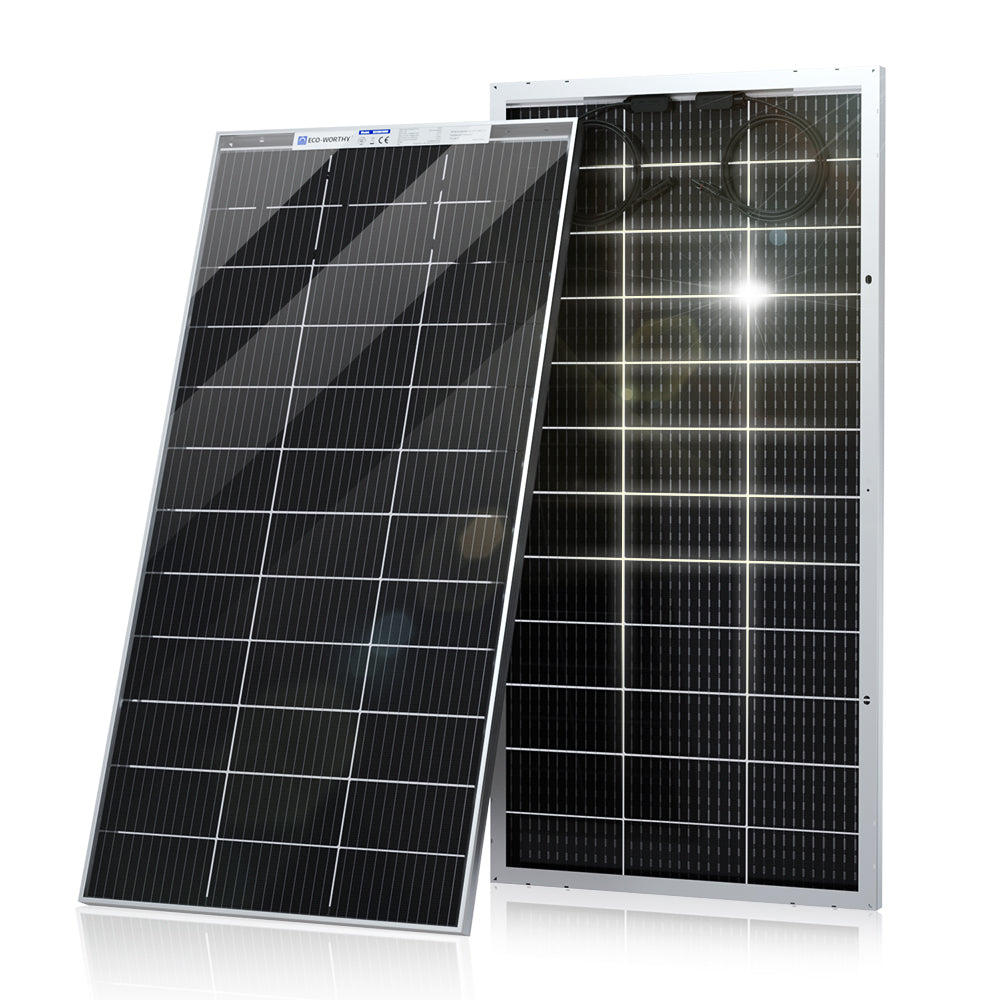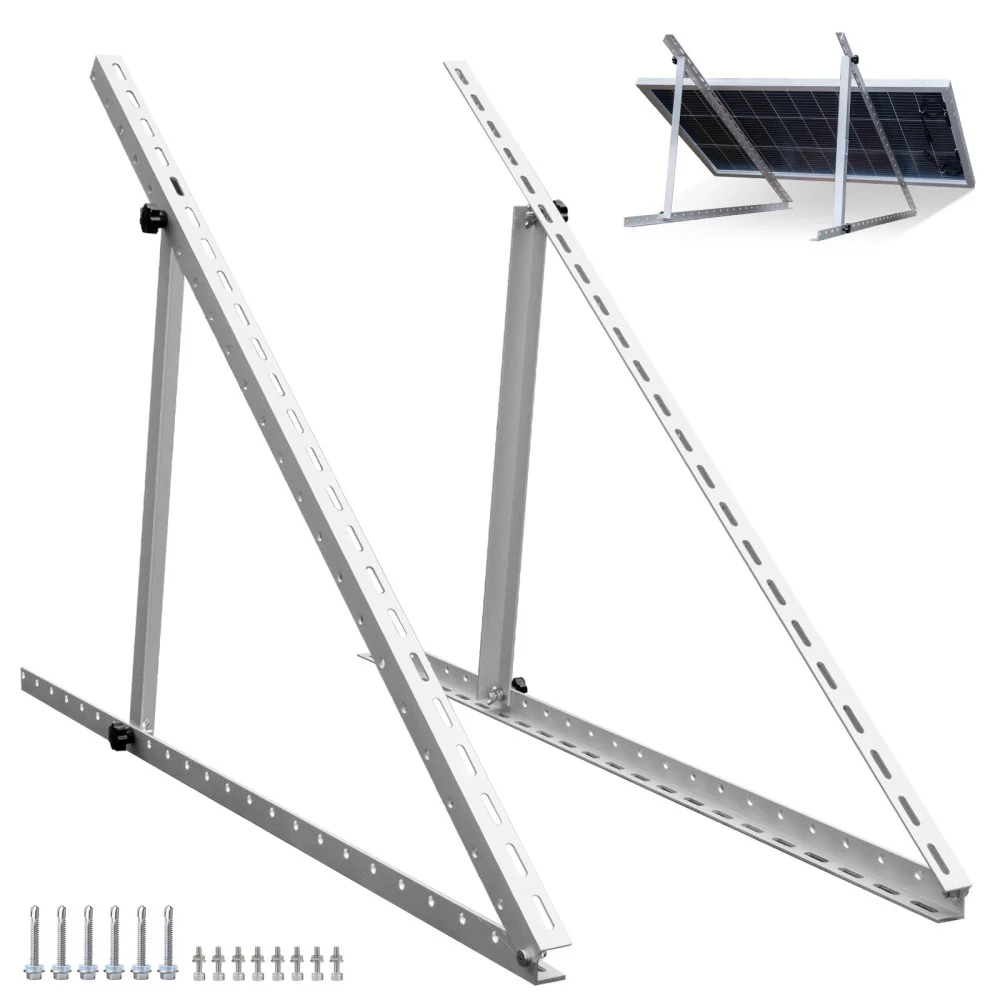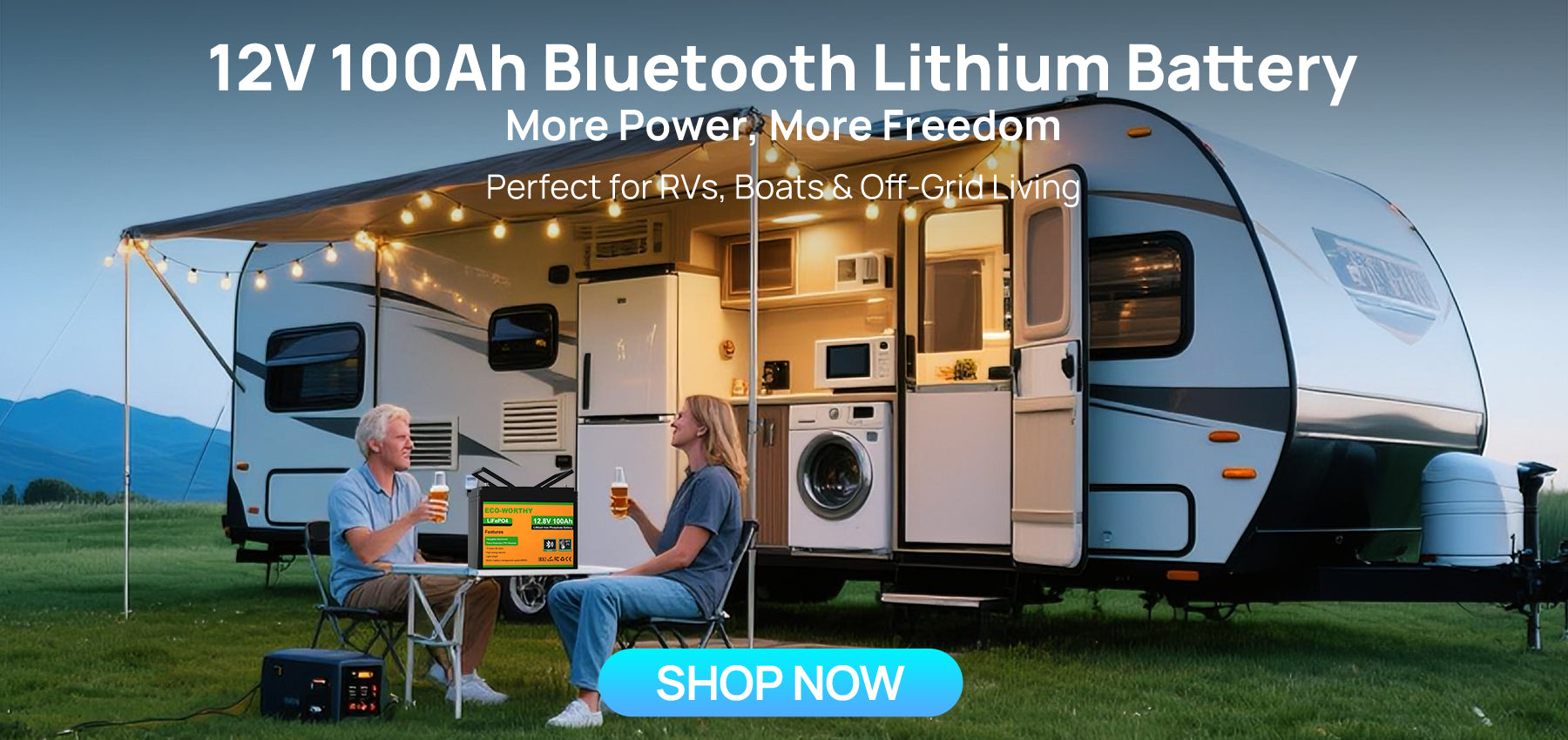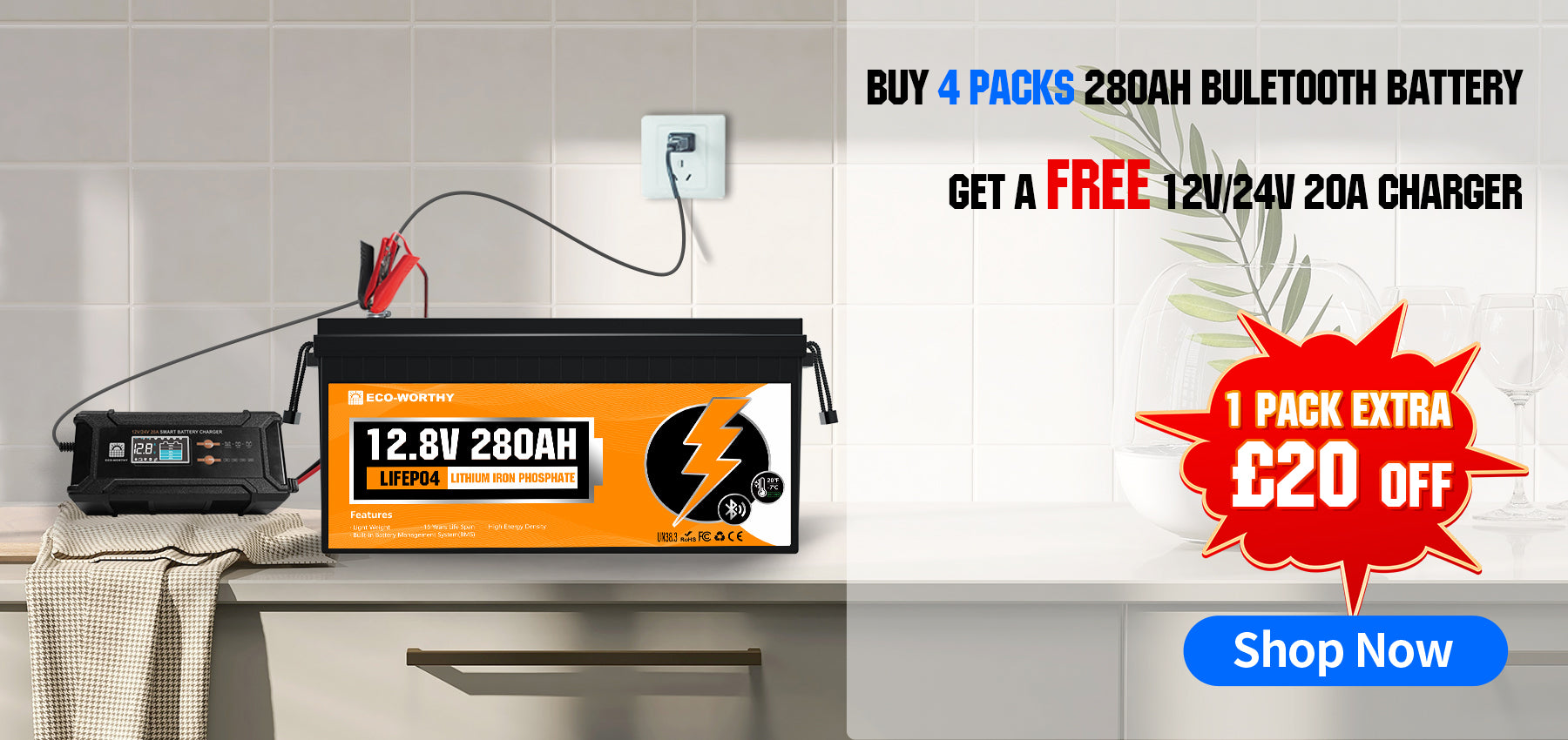One significant upgrade that many RV enthusiasts are considering is the switch from traditional lead-acid batteries to modern lithium batteries. This transition promises numerous benefits, including enhanced efficiency, longer lifespan, and greater reliability. In this blog post, we will explore whether lithium leisure batteries are worth the investment for your campervan examining their advantages, compatibility with existing systems, and the technical adjustments required to make the switch.
Are Lithium Batteries Worth It for RV?
Absolutely. lithium leisure batteries offer numerous advantages that make them a worthy investment for RV owners. Here are some key benefits that illustrate their superiority over traditional lead-acid batteries:
1. Longevity and Efficiency:
Lithium batteries have a much longer lifespan compared to lead-acid batteries. While a standard lead-acid battery might last 3-5 years, lithium batteries can last up to 10 years or more with proper care. This extended lifespan translates to fewer replacements and better long-term value.
2. Enhanced Performance:
Lithium batteries are known for their superior performance. They charge faster, which means less time waiting around and more time enjoying your travels. Additionally, they maintain a consistent voltage level throughout their discharge cycle, ensuring your campervan’s appliances run smoothly without power drops. Their deep-cycle capabilities allow them to be discharged more deeply without damage, providing more usable energy from each charge.
3. Weight and Space Savings:
One of the most noticeable benefits of lithium leisure batteries is their weight. They are significantly lighter than lead-acid batteries, which can reduce the overall weight of your RV and potentially improve fuel efficiency. The compact size of lithium batteries also means you can save valuable space within your motorhome, providing more room for other essentials.
4. Reliability:
Lithium batteries are more reliable in various environmental conditions. They perform well in both high and low temperatures, making them suitable for RV adventures in diverse climates. Unlike lead-acid batteries, they don’t suffer from sulfation, a common issue that can reduce battery life.
Switching to lithium leisure batteries for your RV can significantly enhance your travel experience by offering greater efficiency, reliability, and convenience. As you consider this upgrade, it’s essential to weigh these benefits against the initial investment to determine if it aligns with your long-term RVing goals.
Can You Replace Traditional Batteries with Lithium Ones in an RV?
Yes, you can replace traditional lead-acid batteries with lithium leisure batteries in an RV, but you need to consider a few important factors to ensure a smooth transition.
1. Compatibility:
Check the dimensions and terminal configurations of your campervan leisure battery compartments. Lithium batteries may differ in size from lead-acid batteries, so you might need adapter kits or modifications to fit them properly.
2. Battery Management System (BMS):
Lithium batteries have an integrated Battery Management System (BMS) that protects against overcharging, over-discharging, and overheating. Ensure your RV’s electrical system can work with this feature, as it is crucial for safe operation.
3. Charging System:
Lithium batteries require specific charging profiles. Verify if your RV's current charger is compatible with lithium batteries. If not, you’ll need to replace it with a charger designed for lithium batteries to avoid damage and ensure optimal charging.
4. Additional Equipment:
You may need additional equipment like a new converter or solar charge controller compatible with lithium technology. These components regulate the voltage and current going into the battery, ensuring efficient and safe charging.
Replacing traditional batteries with lithium ones in your RV involves some upfront considerations and potential modifications. However, the benefits of enhanced performance, longer lifespan, and increased reliability can make this upgrade worthwhile.
Do You Need to Replace the Inverter When Switching to Lithium Batteries?
You may need to replace the inverter when switching to lithium batteries, depending on its compatibility with lithium technology.
1. Compatibility Check:
Determine if your current inverter is compatible with lithium batteries. Lithium batteries have different charge and discharge characteristics compared to lead-acid batteries. Check the manufacturer's specifications of your inverter to see if it supports lithium battery technology.
2. Importance of Compatibility:
An inverter not designed for lithium batteries may not charge them correctly, leading to inefficient charging, reduced battery life, or even damage. Lithium batteries require specific charging algorithms that some older inverters may not support.
3. Benefits of Upgrading:
Upgrading to a compatible inverter can enhance the overall efficiency of your RV’s electrical system. A modern inverter designed for lithium batteries can optimize the charging and discharging processes, ensuring your batteries operate at peak performance.
4. Features to Look For:
When selecting a new inverter, look for features such as:
- Lithium Battery Charging Profiles: Ensure the inverter has settings specifically for lithium batteries.
- High Efficiency: Choose an inverter with high efficiency to maximize the power from your batteries.
- Built-in Battery Management: Some inverters come with integrated battery management systems that protect and optimize your lithium batteries.
While you may not always need to replace your inverter when switching to lithium batteries, doing so can provide significant benefits. Ensuring compatibility and upgrading to a modern inverter can help you maximize the performance and lifespan of your new lithium battery system.
How Do You Choose the Right Charger for Lithium Batteries?
Choosing the right charger for lithium batteries in your RV is crucial for optimal performance and longevity. Here are the key factors to consider:
1. Charging Requirements:
Lithium batteries need a specific charging method called constant current/constant voltage (CC/CV). This ensures the battery charges efficiently and safely.
2. Voltage and Current Compatibility:
Make sure the charger matches the voltage and current needs of your lithium battery. Using the wrong voltage can damage the battery. Most lithium batteries are 12V, 24V, or 48V, so pick a charger that supports the correct voltage.
3. Recommended Charger Types:
Solar Charge Controllers: If you use solar panels, make sure the charge controller is compatible with lithium batteries. MPPT (Maximum Power Point Tracking) controllers are very effective.
- Inverter/Charger Combos: These combine an inverter and a charger in one unit and work well with lithium batteries.
- Multi-Stage Chargers: These chargers have different stages of charging (bulk, absorption, and float) tailored for lithium batteries. They help extend battery life.
For optimal versatility, consider a multi-input charger that can handle various power sources. For example, the ECO-Worthy's 12V 20A & 40A DC to DC Charger is a multi-stage, multi-input battery charger that can charge your RV's leisure batteries by connecting to either the vehicle's alternator or solar panels directly. This flexibility can be particularly useful for RV owners who rely on multiple power sources during their travels.
4. Practical Tips:
- Check Manufacturer Recommendations: Always follow the battery manufacturer’s guidelines for compatible chargers.
- Temperature Compensation: Look for chargers that adjust charging based on temperature.
- Safety Features: Ensure the charger has protections against overcharging, short circuits, and reverse polarity.
- Ease of Use: Choose chargers with easy-to-read indicators and simple interfaces.
5. Comparison with Traditional Batteries:
- Lead-Acid Batteries: These need a different charging profile and often use a trickle charge to maintain their state of charge. They can tolerate overcharging but require regular maintenance.
- Lithium Batteries: These do not need a trickle charge and are less tolerant of overcharging. They need precise voltage control to avoid damage.
Choosing the right charger ensures your leisure lithium batteries charge efficiently and last longer.
Make the Switch to Lithium Leisure Batteries Properly
Switching to lithium leisure battery for your RV offers significant advantages, including longer lifespan, better performance, and higher efficiency compared to traditional lead-acid batteries. While the initial cost and necessary technical adjustments may require some effort, the long-term benefits, such as faster charging, consistent power, and reliability in varied climates, make lithium batteries a worthy investment. Proper compatibility checks and the right equipment can enhance your campervan experience, making your travels more efficient and enjoyable.

